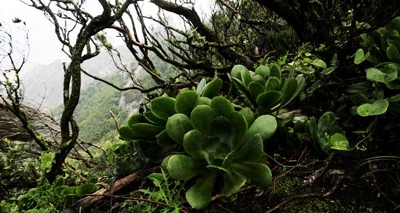It’s a few days old, but don’t miss
Maria Golia’s latest column for the Daily Star. It’s about one of the most important issues facing Egypt today — an existential one of greater long-term concern than even democratic reform — but one that the government seems to do little about. It’s about land, and how the little area of arable land that Egypt has is being rapidly being transformed from agricultural land into housing or commercial property.
Imagine you have a country, a big one, yours to do with what you please. There’s just one catch. Nearly all the land is desert, which makes the remaining 5 percent the place where 70 million people not only have to live, but farm in order to eat. Around half the people live in towns, and half live in the country. The country half are largely farmers. They constitute 36 percent of the total work force. They work for almost nothing and supply your table with hand-grown foods. Plus, their labor enriches you – they contribute around a quarter of your GDP and exports. So how do you treat the farmers?
Common sense says you encourage them because working the land, as they have for generations, is a noble and profitable pursuit. You might even reward them for accomplishing so much with so little space, water and cash. But not if the country were Egypt. In that case, you would herd the farmers off the land and into jail, raze their villages and give them nothing. Meanwhile you would build on precious agricultural land for fast money.
Read the whole thing for statistics — one of the great thing about Maria’s writing about Egypt is that it’s always shock-full of fascinating stats, as her book Cairo, City of Sand was — and the worrying conclusion: Egypt needs urgent, comprehensive land reform (beyond the limited, and at times disastrous, reform undertaken by Nasser, Sadat and Mubarak) not only to improve the conditions of fellahin but to literally prevent the country from running out of land. I’m always astounded that Egyptian newspaper columnists, who often speak about the need to achieve autarky in food supply (dream on!), urge the government to make farmers grow more wheat but never mention that there is less and less arable land available to grow anything at all. The disconnect between the urban intelligentsia and rural folks could not be wider. The column has a great line on this: “Only abiding shame in their rural past can account for successive administrations’ criminal neglect of Egypt’s countryside.”



